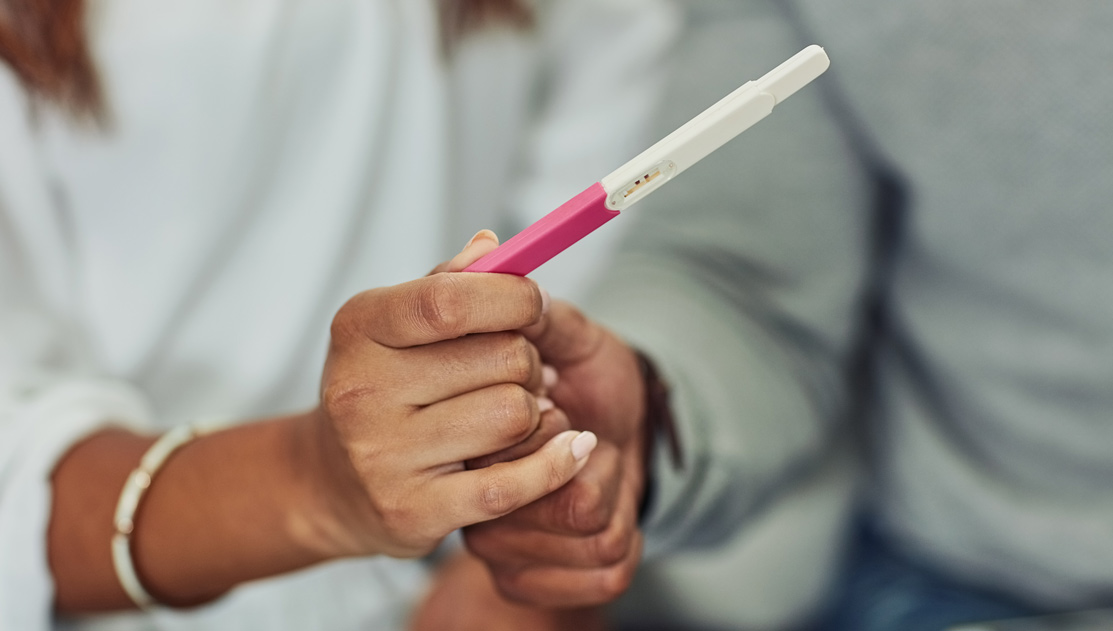Blocked fallopian tubes are a cause of infertility in up to 30% of infertile women, which unfortunately makes this a very common condition; however, there are often no symptoms, and blocked fallopian tubes may not be diagnosed until a couple struggles to conceive.
In this blog post, we explore the cause of blocked fallopian tubes, what this means for your fertility, and what treatments are available to help you conceive.
What do the fallopian tubes do?
A woman’s fallopian tubes are located in her reproductive system. They are made up of two tubes connecting the ovaries to the uterus. Each month, during a normal menstrual cycle, an egg leaves one of the ovaries and travels down the corresponding fallopian tube into the uterus. However, in the case of conception, a sperm will meet the egg in the fallopian tube and fertilise it before it enters the uterus.
A blocked fallopian tube will stop the sperm and egg meeting, preventing conception.
What causes blocked fallopian tubes?
The blockage can be caused by a number of conditions, including:
- Pelvic inflammatory disease (PID) – an inflammation of the female upper reproductive organs, usually caused by a sexually transmitted disease.
- Sexually transmitted diseases – specifically chlamydia or gonorrhoea.
- Endometriosis
- A previous ectopic pregnancy
- Scarring from prior surgery on the fallopian tubes or abdomen
- Fibroids – benign (non-cancerous) growths in the womb.
Symptoms of blocked fallopian tubes
As previously mentioned, women with blocked fallopian tubes may have no symptoms, which means that this condition can go unnoticed until a couple attempt conception. However, for a small number of women, symptoms can include abdominal or pelvic pain, painful periods, pain while having sex, fever and unusual smelling discharge.
If you have any of these symptoms, you should speak to a gynaecologist. These symptoms crossover with other gynaecological conditions, so it is important to get an expert diagnosis.
What do blocked fallopian tubes mean for your fertility?
A blockage in the fallopian tube prevents sperm from fertilising an egg, which can make it impossible to get pregnant. However, this is dependent on the extent of the blockage.
Fallopian tube blockages can vary in size; a woman may still get pregnant if she has a partial blockage. Additionally, if only one fallopian tube is blocked, she may still be able to conceive. However, if both tubes are fully blocked, natural conception will be impossible.
Treatment for blocked fallopian tubes
If you have been diagnosed with blocked fallopian tubes, you may be wondering what can be done to help. The type of treatment offered for blocked fallopian tubes depends on the severity of the blockage and a patient’s individual situation. A small amount of tissue blocking the fallopian tube may be able to be treated with laparoscopic surgery, which is a keyhole surgery (minimally invasive). Tubal scarring and blockage frequently recurs, particularly in cases of previous pelvic infections or endometriosis.
Can I get pregnant after treatment for blocked fallopian tubes?
If the fallopian tubes have been significantly damaged by scarring, adhesions, pelvic infection, or by the surgery, pregnancy may only be possible through in-vitro fertilisation (IVF) or intracytoplasmic sperm injection (ICSI).
IVF and ICSI bypass the process of fertilisation within the fallopian tubes by placing an already fertilised egg into the uterus. These treatments may also be recommended instead of surgery.
Get expert help for blocked fallopian tubes
If you are having trouble conceiving and would like to speak with our fertility consultant, please don’t hesitate to book a consultation with us online now, or speak to one of our friendly team members to talk over your requirements on 020 7224 1880.







